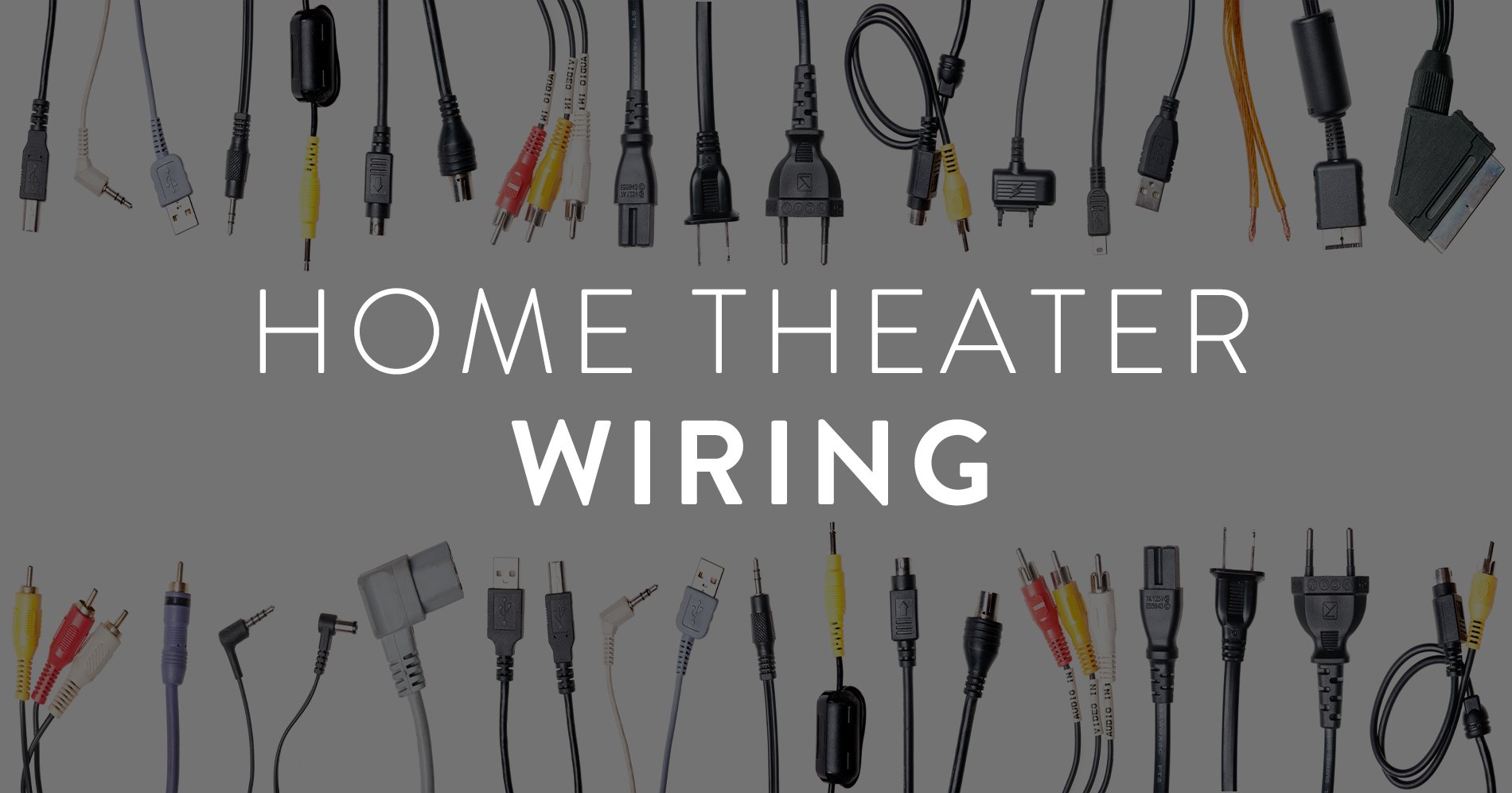Crucial Elements to Consider While Selecting the Ideal Surveillance Camera Solution for Your Business
When selecting a security camera system for a business, multiple critical considerations must be taken into account to guarantee the safety and protection of the premises. A carefully selected surveillance video system can deter crime, observe activities, and offer important evidence in the event of occurrences. The first factor to evaluate is the kind of surveillance devices needed. There are different types of security devices, including bulb units, cylinder units, and pan-tilt-zoom cameras. Each type has its specific benefits and is appropriate for varied environments. For example, bulb cameras are often used indoors due to their discreet appearance, while cylinder cameras are ideal for outdoor use because they can monitor extended ranges.
Another important factor is the image quality of the cameras. The resolution affects the clarity of the footage captured by the units. Higher image quality cameras provide sharper images, which can be vital for identifying faces or registration plates. Businesses should evaluate their particular needs when selecting the resolution. For example, a retail business may require high-quality cameras to observe customer engagements, while a warehouse might focus on broader monitoring over fine resolution. It is also essential to consider about the storage solutions for the recorded video. Companies can select between local recording, such as hard drives, or remote storage, which enables for off-site viewing and easier handling of footage data.
The placement of the cameras is a further critical consideration. Correct camera positioning can significantly improve the effectiveness of a surveillance system. Cameras should be located to cover all entry and exit areas, as well as high-traffic zones within the company. It is also important to think about possible blind spots where illegal activity could occur without detection. A professional surveillance consultant can help determine the optimal locations for unit setup to maximize monitoring and minimize weaknesses. Moreover, businesses should consider about the lighting conditions in the locations where cameras will be set up. Units with low-light vision are necessary for monitoring poorly illuminated areas.
Integration see post and compatibility with other surveillance solutions are also vital factors. Many contemporary security camera solutions offer capabilities such as remote viewing through mobile devices or computers, which allows company owners to monitor their property in actual time. Integration with security alert systems or entry control systems can offer a more comprehensive security system. Companies should evaluate their existing surveillance measures and consider how a fresh video system can enhance or boost those measures. This integration can lead to a more effective and efficient security approach.
Finally, budget factors play a major part in selecting a security camera system. Companies must weigh the need for high-quality devices with their financial constraints. It is important to research different manufacturers and types to identify a system that offers the best worth for cost. While it may be tempting to choose the lowest-priced choice, investing in a reliable and long-lasting solution can save money in the long by lowering upkeep expenses and improving security. By thoughtfully evaluating these factors, businesses can choose the perfect security camera solution that fulfills their specific needs and enhances their overall safety strategy.